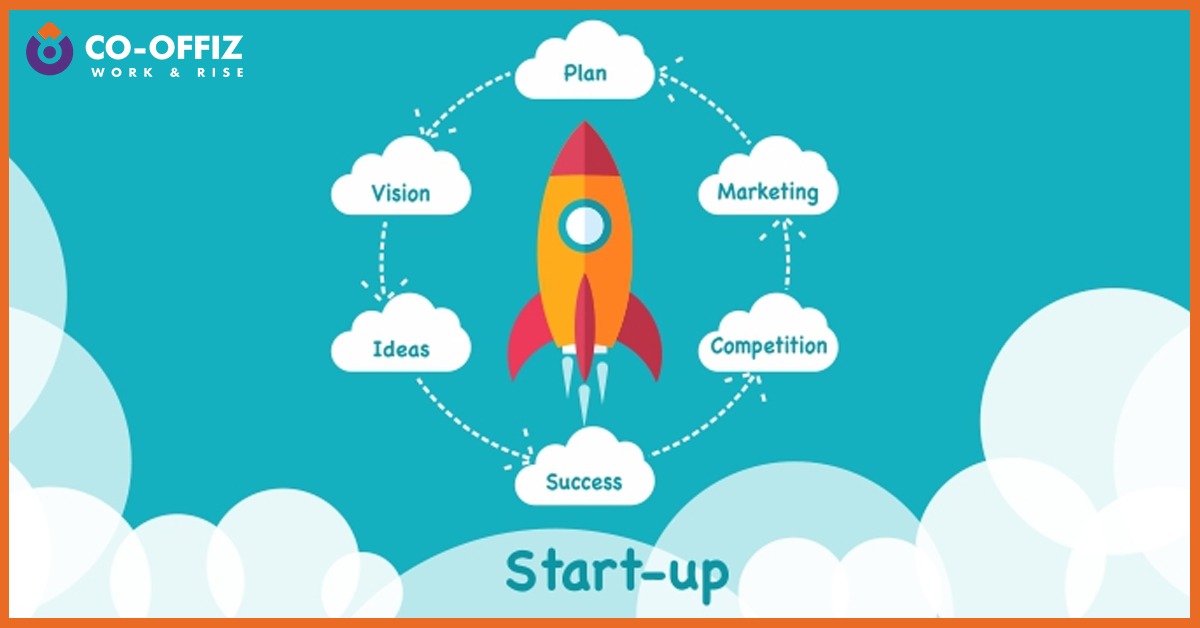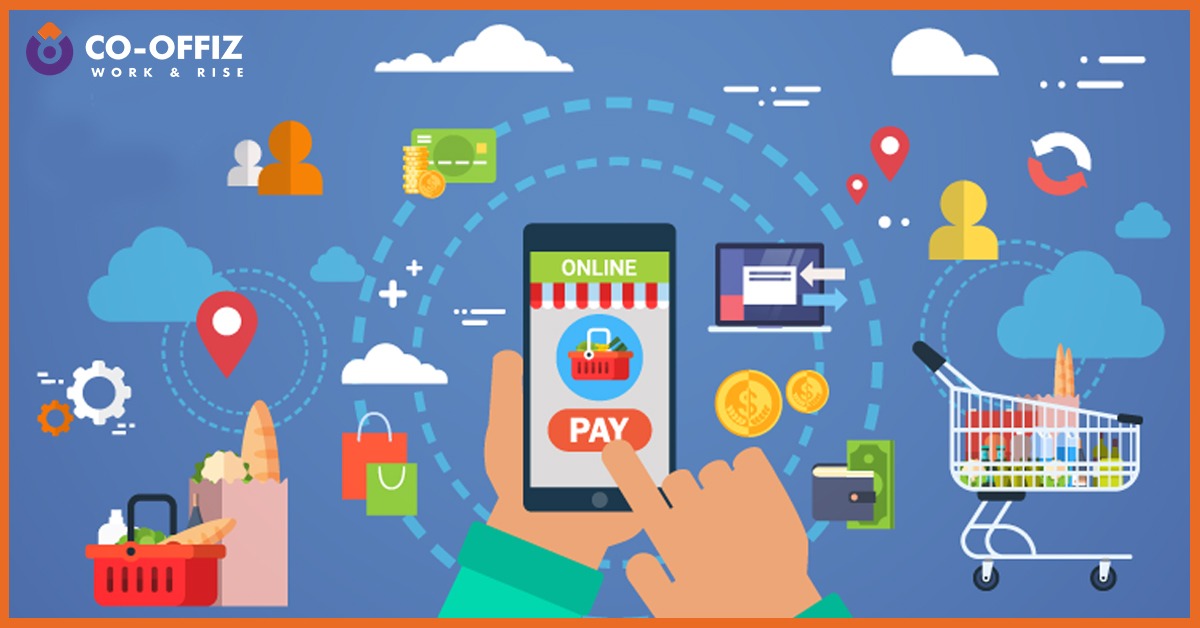Storytelling for Startup: A Big Differentiator You Are Ignoring
The classic “four Ps” of marketing, originally coined in the 1960s, described the four elements that distinguish a brand: product, price, place, and promotion. Storytelling for startup came a bit later but is an essential part to grow your business.
In the tech industry, the four Ps alone aren’t enough to define a brand. Consider Uber and Ola. Because many drivers sell their services through both companies, I can hire an Uber in the morning and a Ola in the evening and receive literally the same driver in the same car. Both companies offer an easy-to-use app in dozens of cities at comparable prices. The four Ps don’t give the consumer much room to distinguish one service over the other. Here comes storytelling for startup at the rescue.
Storytelling for Startup: Your startup is innovative. Is that enough?

In an age of tremendous competition, building an innovative technology product isn’t enough. From cloud-based services to shared office spaces, there have never been more tools available to help build a business at the lower initial investment. The information age has democratized promotion: with Google AdWords and social media, it doesn’t take a huge budget to achieve national or international reach. Because of a low barrier to entry, I can guarantee that the next big disruptive tech company such as Uber will have its own Ola type of competition, offering a comparable experience at a comparable price.
Storytelling for Startup: Distinguish your business

A world of commoditized technology companies means that building a great product and putting it in front of users at a good price is not enough to distinguish your business. When customers can find the same service elsewhere with a few clicks, it is an emotional connection that drives loyalty. Your company needs to win hearts and minds by telling its story. And at the heart of storytelling, there are two Ps that matter the most: position and purpose.
Position is the external side of the storytelling coin. A position statement is a line in the sand: this is exactly who we are. This is exactly why you should do business with us.
Purpose is the internal side. Purpose describes how your company is trying to change the world. What does your company do that others don’t, can’t or won’t? What is its mission, its vision? Purpose holds the answers.
Tom’s, the socially responsible shoe manufacturer, recently expanded operations to sell fair trade coffee. It’s not because consumers lack for places to go to get caffeinated. It’s because their core purpose is to help consumers build a more equitable world through socially mindful buying.
What are you really selling?

Tom’s isn’t positioned as a shoe company or a coffee shop. It sells compassion. A Tom’s customer is proud to support a company that makes life better for those less fortunate. They’re excited for the opportunity to buy coffee grown by farmers who are paid a living wage. They’ll pass a closer Starbucks to buy from Tom’s.
Because storytelling is so important to connect with buyers, venture capitalists look for it as well. To quote Tomasz Tunguz, noted venture capitalist at Redpoint, “Marketing, branding and positioning, all under-appreciated disciplines in the valley, will become markedly more important. As barriers to entry continue to fall driven by cloud technologies, competition among startups will increase and the startups that reach their target customer bases with the best messaging, building the most effective brands, will win.” Tunguz foresees a future where the brand represents fully half of a company’s value.
To thrive, your tech company can’t simply rely on selling a great product. You must sell a vision as well. The future success of your tech company depends on its messaging. If you can connect with your buyers, sharing your vision with them and giving them a reason to buy, you will reap loyalty. If you cannot, you’re just selling another commodity easily abandoned in favor of a competitor.



